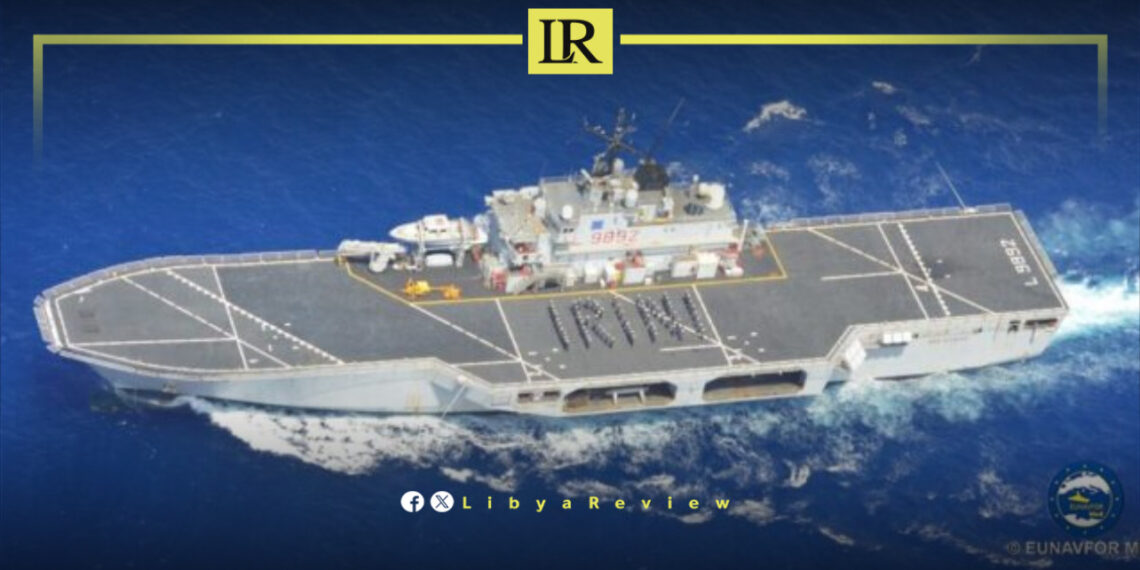In September 2024, the European Union’s Operation IRINI, tasked with enforcing the United Nations arms embargo on Libya, investigated 209 commercial ships via radio communications out of a total of 17,720 vessels.
Additionally, the mission conducted six boardings with consent and executed 671 so-called “friendly approaches,” which do not disrupt the ships’ schedules or activities.
Since the mission’s inception, it has also monitored 88 suspicious flights (out of 1,582 total) and continued surveillance over 25 airfields and 16 ports and oil terminals. These findings are part of the monthly report from Operation IRINI (Greek for “peace”), headquartered in Rome.
On September 8th, Turkey refused permission for an aerial and naval mission to board the Turkish-flagged vessel, Mv Matilde A, suspected of transporting arms to Libya. This marks the 12th instance where Turkey has prevented Operation IRINI teams, led by Admiral Valentino Rinaldi since July, from boarding a commercial ship.
Since its launch on March 31, 2020, the mission has managed to board and inspect 29 suspect ships. On three occasions, IRINI confiscated cargoes deemed to violate the UN’s arms embargo and redirected the vessels to ports of EU member states.
Furthermore, the operation has submitted 63 special reports to the United Nations Panel of Experts on Libya, mostly concerning violations or potential violations of the arms embargo and oil smuggling activities in the country’s western and eastern regions.
Lastly, through its integrated crime information cell, Operation IRINI issued 87 recommendations for inspecting suspect ships at ports in EU member states to relevant police forces, with 68 of these inspections carried out successfully.


